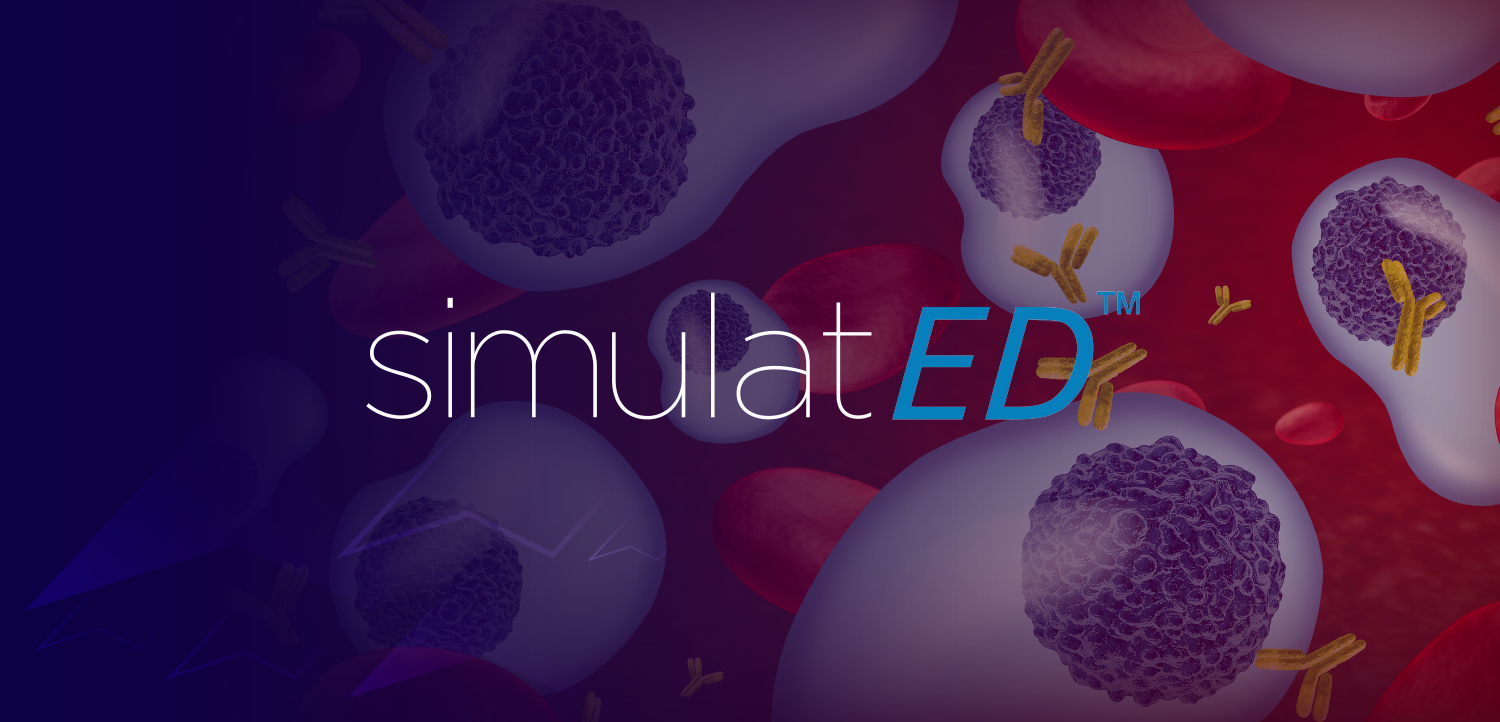
Around the Helix: Cell and Gene Therapy Company Updates – September 10, 2025
Catch up on the latest news, breakthroughs, and announcements from biotechnology companies making advancements in cell and gene therapies.
The cell and gene therapy sectors are growing exponentially, with new players emerging daily and much progress being made both in and out of the lab. CGTLive®’s Around the Helix is your chance to catch up with the latest news in cell and gene therapies, including partnerships, pipeline updates, and more.
Have a cell and gene therapy news update you’d like to share with our editorial team? Tag us on social (@CGT_Live on X, or CGTLive on LinkedIn) and use #AroundTheHelix!
1. In Response to FDA’s Release of Full CRL for Deramiocel, Capricor Publishes Full Response to the Agency
Following the FDA’s public release of the full
2. Patients With DMD Treated With Avidity Biosciences’ Antibody Oligonucleotide Conjugate Del-Zota Show Functional Improvements
Patients with Duchenne muscular dystrophy (DMD) treated with Avidity Biosciences' antibody-oligonucleotide conjugate (AOC) delpacibart zotadirsen (also known as del-zota), which consists of an anti-transferrin receptor 1 (TfR1) antibody conjugated to an exon 44-skipping phosphorodiamidate morpholino conjugate (PMO), have shown functional improvements.
3. Some Patients Treated in Anixa's Ovarian Cancer CER-T Trial Show Longer Than Expected Survival
Anixa Biosciences stated that some patients treated in the phase 1 clinical trial (NCT05316129) evaluating its novel follicle stimulating hormone receptor (FSHR)-targeting chimeric endocrine receptor (CER) T-cell therapy for the treatment of ovarian cancer have shown survival times that exceed disease-specific median survival benchmarks. Alongside this, the company noted that it has completed dosing in the fourth cohort of the trial, which is being carried out in collaboration with Moffitt Cancer Center.
4. Patients Treated With REGENXBIO's MPS II Gene Therapy RGX-121 Sustain 82% Median Reduction in CSF HS D2S6 Levels Through 1 Year
According to a new data update from REGENXBIO's pivotal phase 1/2/3 CAMPSIITE clinical trial (NCT03566043) evaluating clemidsogene lanparvovec (RGX-121), an investigational adeno-associated virus (AAV) vector-based gene therapy for mucopolysaccharidosis type 2 (MPSII, also known as Hunter syndrome), 13 patients treated in the pivotal phase have shown an 82% reduction in heparan sulfate (HS) D2S6 levels in the cerebrospinal fluid (CSF) through 1 year posttreatment. According to REGENXBIO, HS D2S6 is "a key biomarker of MPS II brain disease that is reasonably likely to predict clinical benefit."
5. Ultragenyx's Glycogen Storage Disease Gene Therapy DTX401 Continues to Enable Decreases in Reductions in Daily Cornstarch Intake at 96 Weeks
Ultragenyx has reported that in the phase 3 GlucoGene clinical trial (NCT05139316), patients treated with DTX401, an investigational AAV8 vector gene therapy that is intended to treat Glycogen Storage Disease Type Ia (GSDIa), showed even greater reductions in daily cornstarch intake at 96 weeks posttreatment compared to at 48 weeks posttreatment. “In the second year of treatment, patients were able to further reduce cornstarch intake while continuing to maintain good glucose control," Eric Crombez, MD, the chief medical officer at Ultragenyx, said in a statement.
6. ToolGen Alleges Patent Infringement in Lonza's Production of SCD Gene Therapy Casgevy
ToolGen has filed a patent infringement lawsuit in the Netherlands against Lonza, a contract development and manufacturing organization that manufactures Vertex Pharmaceuticals and CRISPR Therapeutics’ exagamglogene autotemcel (Casgevy), a CRISPR/Cas9 gene-editing cell therapy marketed for the treatment of sickle cell disease (SCD) and transfusion-dependent β-thalassemia. ToolGen claims that Lonza's activities are in violation of its European patent (EP 4 357 457) for CRISPR-Cas9 RNP technology. "Behind the successful commercialization of Casgevy lies the pivotal role of ToolGen's proprietary CRISPR-Cas9 RNP platform..." Jong Sang Ryu, PhD, the CEO of ToolGen, said in a statement. "The lawsuit is not intended to restrict patient access to life-changing therapies, but to secure fair recognition and just compensation for the value of ToolGen's innovations."
Newsletter
Stay at the forefront of cutting-edge science with CGT—your direct line to expert insights, breakthrough data, and real-time coverage of the latest advancements in cell and gene therapy.















